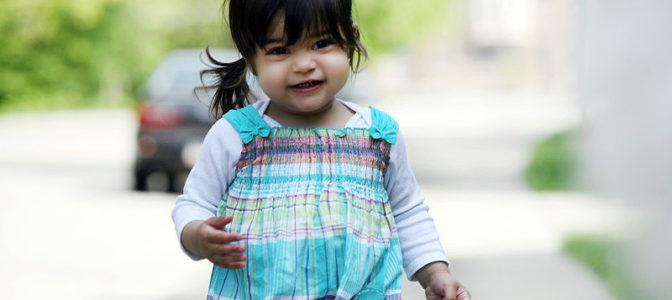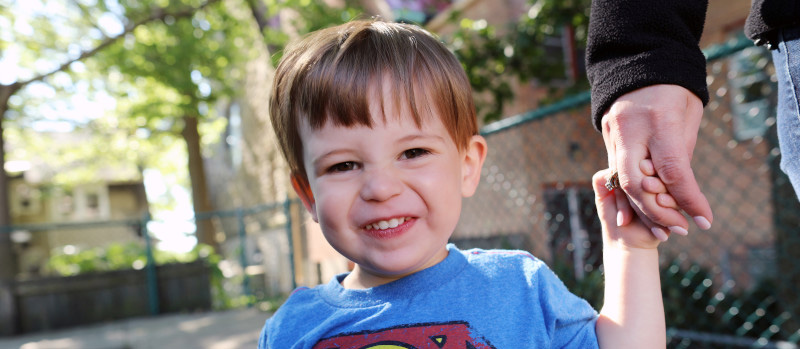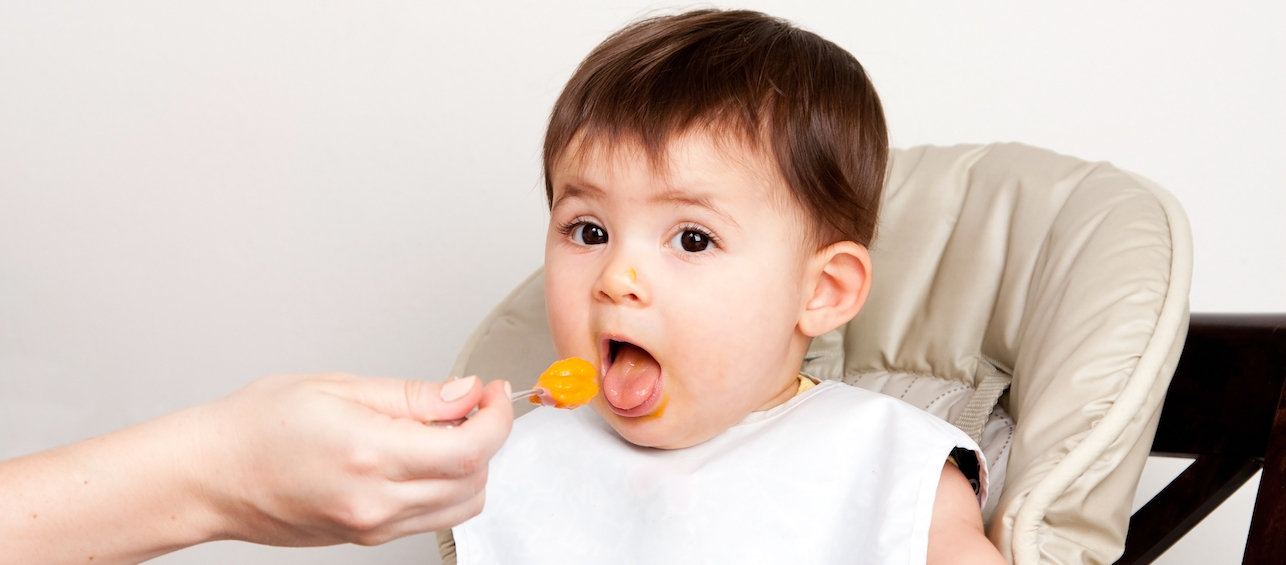Biting in infants and young toddlers can be disconcerting for parents and kids alike!
It may be comforting to know that it is really is a typical part of early childhood. And it’s certainly more common in infants and young toddlers and becomes less common as they get older.
Parents often wonder what “normal” biting behavior is, and when they should be concerned. When parents ask me this, I explain that we have to look at the ABCs of biting in infants and toddlers.
The ABCs of Biting in Infants and Young Toddlers
A—stands for the Antecedents, or what happened leading up to the behavior
We need to look at the who, what, where, when and why. I’ve seen children bite when they’re teething, overstimulated, overtired, and hungry. Some children only bite at home; only when they’re at school; or only when things get close to their mouths.
For example, I did an observation on a toddler girl at daycare. She was only biting there. After closely watching, I noticed that there were only a couple of cool, engaging toys in the classroom. She learned that if she bit the boys, she could gain access to the cool toys. The answer was getting a greater number of stimulating toys in the classroom. The biting stopped.
I’ve also seen parents allowing their children to chew on their fingers when they’re teething. This sends mixed messages, especially if your child is biting to solve problems.
Further, a lot of young children have language issues. They just haven’t developed the skills to communicate what they want, so they bite. We can give them words to say. “I’m angry” or “My toy.”
B—stands for the Behavior in question
We need to understand everything about the behavior, especially the frequency, intent and intensity. Their age is also important here. If it’s happening occasionally and they’re less than 2 years old, it’s pretty typical and will likely stop on its own. If there’s a pattern to it and they’re over the age of 2, you have to look at the whole picture. Gather as much data about the behavior as you can.
C—stands for the consequences
How we react to an unwanted behavior is incredibly important. If we give them tons of negative attention, we are going to inadvertently reinforce the behavior. But we can’t ignore it either. Calm, simple and brief consequences work the best. Calmly give them a brief time out and let them know that it’s unacceptable.
Afterwards, teach them the right behavior, using simple words. Sometimes we make it more complicated than it needs to be and they stop listening to us. “It’s not okay to bite. It hurts.” Reinforce good behavior, like with stickers and/or words, when they return to appropriate play.
I’ve heard parents say that they’ve bit their kids back, so that the child understand how it feels. The problem with this consequence is that cognitively, it’s too advanced for kids this age. They’re not capable of seeing things from another person’s perspective. Further, it sends mixed messages and it doesn’t decrease the behavior.
Understanding the ABCs of Biting
If we can understand the ABCs of biting, we may be able to predict when it’s going to happen and intervene before it does. Give them the right words to avoid it. Or distract them with something else before it happens. The bottom line is that for the most part, biting in infants and young toddlers is a typical behavior.
If you’re concerned about your child’s behavior, gather as much information as you can. Then speak with your child’s main doctor. He or she will give you developmentally appropriate advice. Is it a teething issue? Is it a language issue? They can point you in the right direction. If your child’s doctor thinks that your child is too old to be biting, or experiencing serious negative consequences from the behavior (like being asked to leave a preschool), she may make a referral to a child psychologist.
For more information about our division of Behavioral Medicine and Clinical Psychology, please call 513-636-4336.






Helpful information on biting for Parents. Thanks for posting